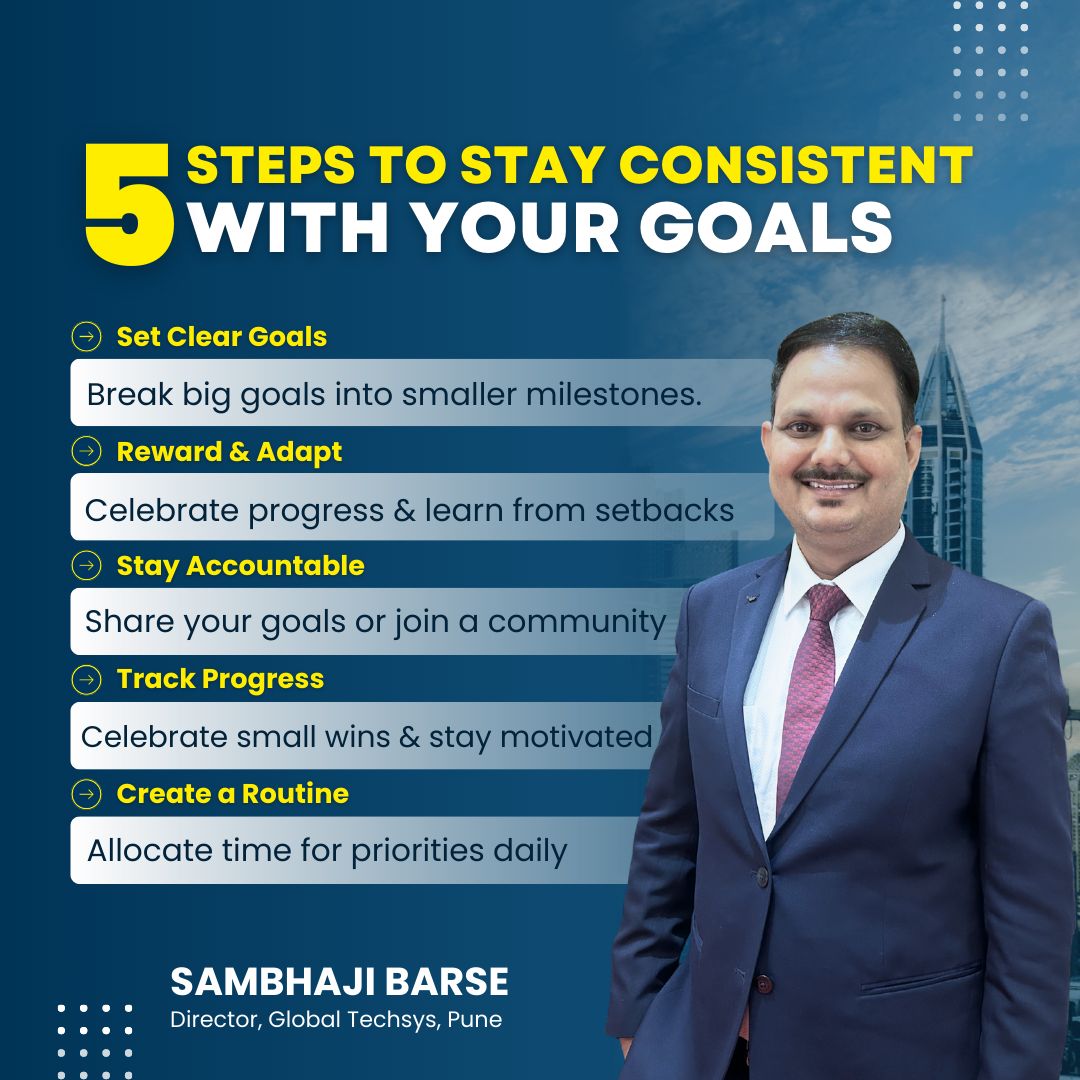SAP has become a key tool for managing various operations efficiently in today’s business world. From finance to human resources, SAP software solutions are used across industries. If you’re exploring career opportunities in technology, business, or management, an SAP course can be your gateway to a rewarding job. This article will guide you through the basics of SAP, the types of courses available, their benefits, and the job opportunities they bring.
What Is an SAP Course?
SAP courses are specialised training programs designed to teach the functionalities and applications of SAP software. They cover different modules within the SAP system, each tailored to specific business processes. By taking an SAP course, students learn how to use the software to manage financial accounting, human resources, supply chain, and customer relations.
SAP Course Full Form
SAP stands for “Systems, Applications, and Products.” The software was developed to provide a centralised system for businesses to manage their data and processes efficiently.
What Is SAP?
SAP is an enterprise resource planning (ERP) software that integrates all business operations into one system. This integration allows companies to streamline processes, make informed decisions, and increase efficiency. Companies worldwide widely use SAP software, making it a valuable skill for students and professionals looking to work in business and technology roles.
Types of SAP Modules
SAP offers various modules that cater to different business areas. These modules are divided into two main categories:
1. Functional Modules:
- SAP FI (Financial Accounting): Manages financial transactions, general ledger, and financial reporting.
- SAP MM (Materials Management): Focuses on inventory management, procurement, and logistics.
- SAP SD (Sales and Distribution): Handles sales processes, billing, and customer data management.
- SAP HCM (Human Capital Management): Covers HR processes, including payroll, recruitment, and time management.
- SAP PP (Production Planning): Manages production, planning, and manufacturing processes.
2. Technical Modules:
- SAP ABAP (Advanced Business Application Programming): For software development within the SAP environment.
- SAP Basis: Focuses on the technical administration of SAP systems, including installation and maintenance.
- SAP HANA: Deals with data modelling, reporting, and analytics using SAP’s in-memory database.
- SAP Fiori: A user experience framework for building user-friendly SAP applications.
Levels of an SAP Course
SAP courses are available at different levels to match the needs and experiences of students:
1. Beginner Level:
These courses provide an introduction to SAP and its basic functionalities. They are suitable for students and recent graduates who are new to ERP software.
2. Intermediate Level:
Intermediate courses delve into specific SAP modules, offering a more in-depth understanding of how to use SAP to manage various business processes.
3. Advanced Level:
These courses are tailored for those with some experience in SAP. They focus on complex functionalities, data analysis, and advanced customisation using technical modules like SAP ABAP and SAP HANA.
SAP Course Duration and Eligibility Criteria
The duration of an SAP course varies based on the module and level. Here’s a general overview:
- Basic SAP Courses: Usually range from 4 to 6 weeks, providing an overview of SAP functionalities.
- Intermediate Functional Modules (e.g., SAP FI, MM, SD): These courses typically last 2 to 3 months and include in-depth training on specific modules.
- Advanced Technical Courses (e.g., SAP ABAP, SAP HANA): The duration can extend to 6 months, as these courses involve more complex concepts and practical exercises.
Eligibility Criteria
Who can do an SAP course? Most SAP courses are open to students, fresh graduates, and professionals. A background in IT, business administration, or engineering can be helpful, but it’s optional. Some courses may require basic knowledge of programming or business processes, depending on the module you choose.
Benefits of an SAP Course
Is an SAP Course Useful?
Absolutely! Here are some of the key benefits of taking an SAP course:
- Enhanced Career Prospects: SAP is a widely used software in industries like manufacturing, retail, finance, and logistics. Completing an SAP course can boost your chances of landing a job in these fields.
- Skill Diversification: SAP courses cover a range of business processes, providing versatile skills. Whether you’re interested in finance, supply chain management, HR, or software development, there’s an SAP module for you.
- High Demand: Companies are always looking for SAP professionals. With an SAP certification, you become a valuable asset to organisations that rely on SAP for their operations.
- Better Salary Packages: SAP professionals often command higher salaries than non-certified peers. This is due to the specialised knowledge and skills required to operate and manage SAP systems.
- Global Opportunities: Since SAP is used worldwide, learning it opens up job opportunities in India and abroad.
Roles of SAP Professionals in Different Fields
After completing an SAP course, you can explore various roles based on your chosen module. Here are some common roles of SAP professionals in different fields:
- SAP Consultant: This type of consultant works with businesses to implement and customize SAP solutions based on their specific needs. Consultants can specialise in SAP FI, MM, SD, HCM, or ABAP development.
- SAP End User: Utilizes SAP software to perform daily financial reporting, sales order processing, or inventory management tasks.
- SAP ABAP Developer: This position focuses on programming within the SAP environment, creating custom reports, applications, and modules using the ABAP language.
- SAP Analyst: Analyzes data within the SAP system to provide insights for decision-making, process improvements, and strategic planning.
Job Opportunities After an SAP Course
SAP Course Job Opportunities
The scope of an SAP course is vast, and numerous job opportunities are available after completing your training. Some of the most sought-after positions include:
- SAP Functional Consultant: This type of consultant specialises in a specific SAP module, such as SAP FI, MM, or SD, helping companies manage their business processes effectively.
- SAP Technical Consultant: Works on the technical aspects of SAP systems, including development, configuration, and maintenance.
- SAP Project Manager: Manages SAP implementation projects, coordinating between different teams to ensure successful deployment.
- SAP Support Specialist: Provides ongoing support for SAP users, troubleshooting issues and optimising system performance.
- SAP Data Analyst: Uses SAP BI/BW tools to collect, analyse, and interpret business data, aiding companies in making data-driven decisions.
Promote Global Techsys for SAP Courses
Choosing the right learning partner is crucial for your SAP education. Here’s why Global Techsys Learning stands out:
- Expert Instructors: At Global Techsys Learning, you will learn from certified SAP professionals with years of industry experience. Our instructors provide practical insights and theoretical knowledge to help you master SAP skills effectively.
- Comprehensive SAP Courses List: We offer a diverse range of SAP courses, covering both functional and technical modules, suited for beginners and advanced learners. Whether you’re looking to dive into SAP FI, SAP ABAP, or SAP HANA, we have a course for you.
- Hands-on Training: Our courses focus on practical learning, giving students access to real-time SAP systems. This hands-on experience ensures you gain the skills needed to excel in the job market.
- Flexible Learning Options: We offer both classroom and online learning modes, allowing you to choose the best format for your schedule. Our flexible course timings make it easy to balance learning with other commitments.
- Placement Assistance: Our team provides career support, including resume building, interview preparation, and connecting students with potential employers. We are committed to helping you kickstart your career after completing your SAP training.
Conclusion
An SAP course can be a game-changer for students and professionals aiming to build a successful career in business and technology. There’s an SAP course for everyone, regardless of background, with various modules and levels available. The skills you gain will enhance your job prospects and provide a strong foundation for long-term career growth. Ready to take the next step? Explore SAP courses with Global Techsys Learning and pave your way to a rewarding career!







